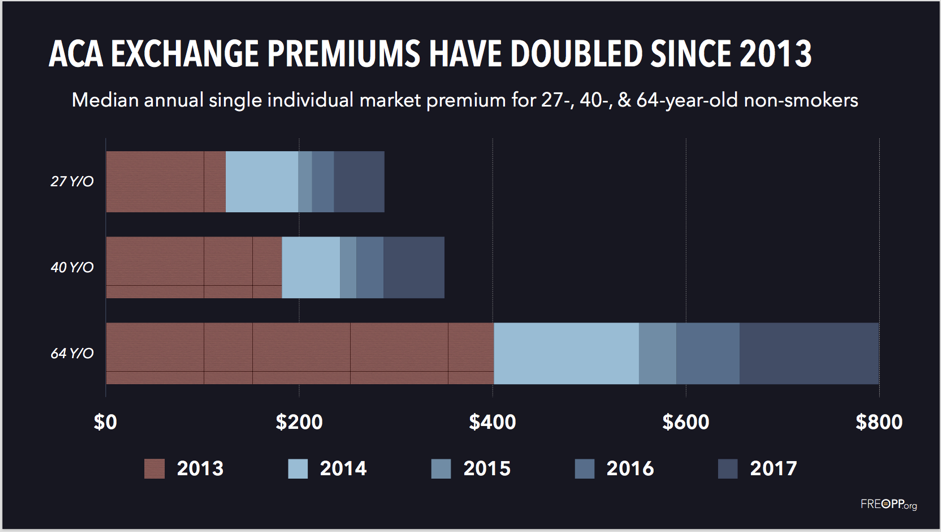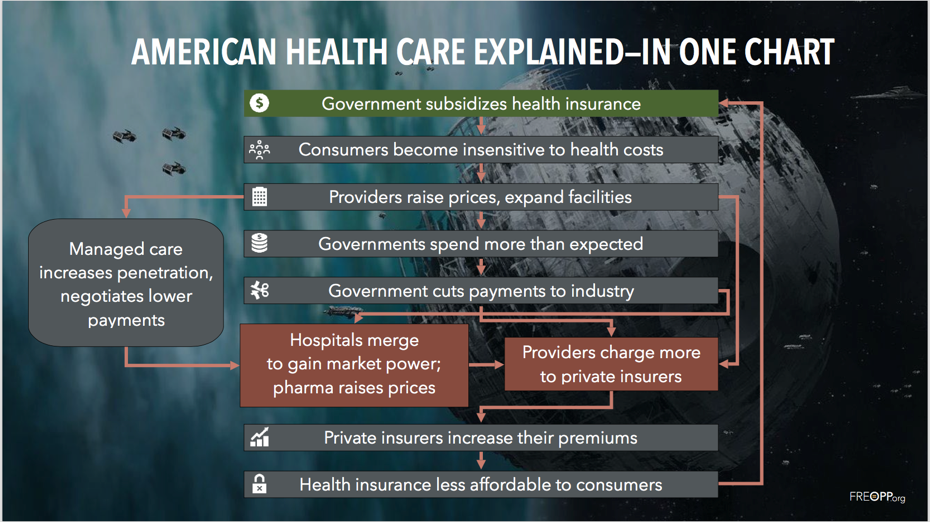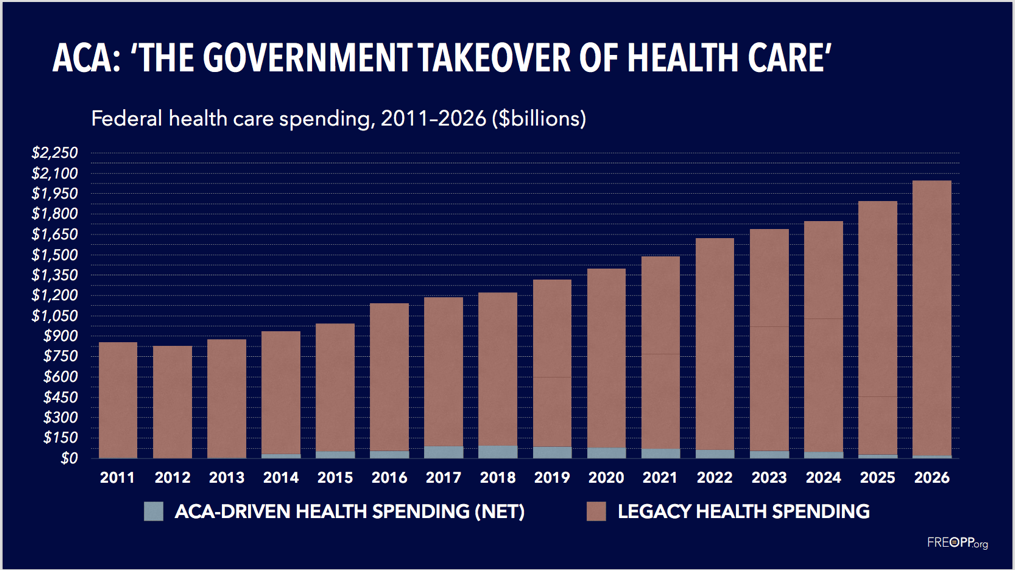Conservative Healthcare Expert Avik Roy Argues for Universal Coverage at U of M
Last Thursday, Avik Roy, activist and co-founder of Foundation for Research on Equal Opportunity, came to the University of Minnesota to discuss the state of healthcare in the United States. He started by talking about the current problems with our healthcare system and transitioned to his proposal for how we can save money while giving more people high quality healthcare. He also clarified how universal coverage is different than single payer and would in fact rely on free market principles. You can read his full report right here. His presentation was followed by a discussion with a bipartisan panel of healthcare experts from Minnesota. Most lawmakers in Washington agree that Obamacare is not working, however they are having trouble coming up with a solution that works for everyone, or at least 60 senators.

Avik argued that one of the main reasons Republicans are struggling to draft a passable bill is that they are attempting to save money by reducing the amount of people who receive benefits. Instead, they should be looking to reduce the costs of the healthcare system for everyone, whether on a government plan or purchasing private insurance. He pointed out that consumers have become insensitive to price changes for all types of treatment, because only 11 percent of the costs are paid by the consumer. This has allowed hospitals, big pharma, and other medical companies to steadily raise their prices much faster than inflation.

Avik also pointed out that although Obamacare spending totaled to $78 billion in 2016, that isn’t a huge figure compared to the $1.1 trillion that was spent by the federal government on all healthcare services (mostly Medicare and Medicaid). In order to truly offer a plan that limits spending, addressing Obamacare specific spending is not enough.

In creating a plan to achieve these goals, Avik modeled his plan on those of Switzerland and Singapore, who spend a fraction of what the United States does on healthcare while consumers still get access to high quality coverage. These countries are able to save by reducing benefits to high earners who don’t need the help, and by giving subsidies and tax credits to low and medium earners. These consumers have more choices to pick from, and the competition drives down the costs for everyone. If his plan was implemented, it would reduce the deficit by $8 trillion over the next three decades, while covering 12 million more people by 2025 than Obamacare is currently expected to cover by then. How does he plan to do this? Here is a basic outline:
- Liberalize ACA exchanges, by reducing regulations that are increasing premiums for ACA exchange plans and expanding choices for consumers.
- Reform Medicare to restrict eligibility of high income individuals and gradually increase the eligibility age by 4 years.
- Integrate and restructure Medicaid, by placing the acute care population on to reformed, private individual insurance markets, and return financial responsibility to the states for long term care Medicaid recipients.
- Reduce restrictions and implement reforms to address veterans, innovation, hospital consolidation, medical malpractice, and prescription drug prices to cut costs while increasing accountability for all parties.
Overall, I was very impressed by his ideas. One of my main concerns with Repeal & Replace proposals is how it will impact the deficit, as healthcare spending dominates the federal budget and is expected to grow as a percentage of government spending. Most proposals attempting to narrow the deficit largely do so by limiting the amount of people who receive coverage, leaving more uninsured. This is an alternative perspective that accomplishes the goal of saving money and still meets the concerns of people who are worried about the uninsured rate. Republicans are yet to even come close to passing a bill, as a few Republicans have been against previous proposals. I think most Republicans would support Avik’s plan, and some Democrats may even support it if polls show it is popular among Americans. If this is a plan that would have a real chance to replace Obamacare, it is certainly something that should be considered by lawmakers in Washington.
Andrew Scattergood is a summer intern with the Center, a senior finance major at the University of Minnesota’s Carlson School of Management, and a graduate of Wayzata High School.